Let's take a look at why managing your digital presence is an important part of end-of-life planning.
Almost every aspect of our lives have been been taken over by technology. This means that our digital footprint has been larger than ever. However, what we forget is that this footprint remains after we pass away, and often our loved ones have to deal with it.

We can't escape it, and in fact, as we progress, our digital afterlife is only going to become more and more important. This is why managing your digital presence, and assets thereafter, have become an important part of Estate and End-Of-Life planning.
Managing digital estate plan can be brought about generally in two ways:
- Planning for the transfer of your digital assets to those most important to you (actual material value associated with digital accounts).
- Your Digital Footprint and Online Legacy (your social media accounts, blogs and anything that you may have been identified with online).
Let's take a look at the first point.
Planning for the transfer of your Digital Assets after your death is imperative. You may have acquired significant assets through online trading accounts, bitcoin or other online financial accounts that are often forgotten when it comes to end-of-life planning. This particularly becomes important when it comes to looking after those closest with you and sharing these credentials with them. You can securely store and share this information with your loved ones in your LifeReady Digital Vault.
However, your Digital Assets also encompass any account used to create or maintain an online presence. These can include the following:
- Social media accounts
- Blogs
- Cloud accounts
- Online bank accounts
- Photo and video storage accounts
- Online shopping accounts
- Financial accounts, such as PayPal accounts, brokerage accounts, and freelance accounts (i.e. Upwork, Crowd Content, etc.)
- Email accounts
- Online bill payment accounts
- Other websites that store your financial information
When we speak to the second point mentioned above, we are mostly referring to your Social Media profiles such as Facebook, LinkedIn, Twitter and the like that if not closed down, can carry your online presence well after you pass away. This can be distressing for family members and friends who may remember you fondly and on the other end of the scale, open you up to identity theft from hackers. If you are someone who is a writer and has an online blog, you might want to ensure that you leave these to those important to you in your Will, or at the very least, provide them with the credentials needed to access these digital accounts.
Closing down your Social Media profiles can often require your next of kin or family member to confirm your death using a death certificate, and can be an unnecessary and painful process. Thus it is highly recommended that you securely store your online credentials on a secure platform such as the LifeReady Digital Vault and share this with your trusted parties in order to save the hassle and time associated with your loved ones trying to close down profiles after you have gone.
As a conclusion, just like your tangible assets, your online presence will require management after your passing. Due to the fact that online accounts cover the anything from personal to financial, and often contain private information, it’s important to treat them separately from the rest of your estate. Don't forget to nominate an Executor to look after your Digital Footprint.
